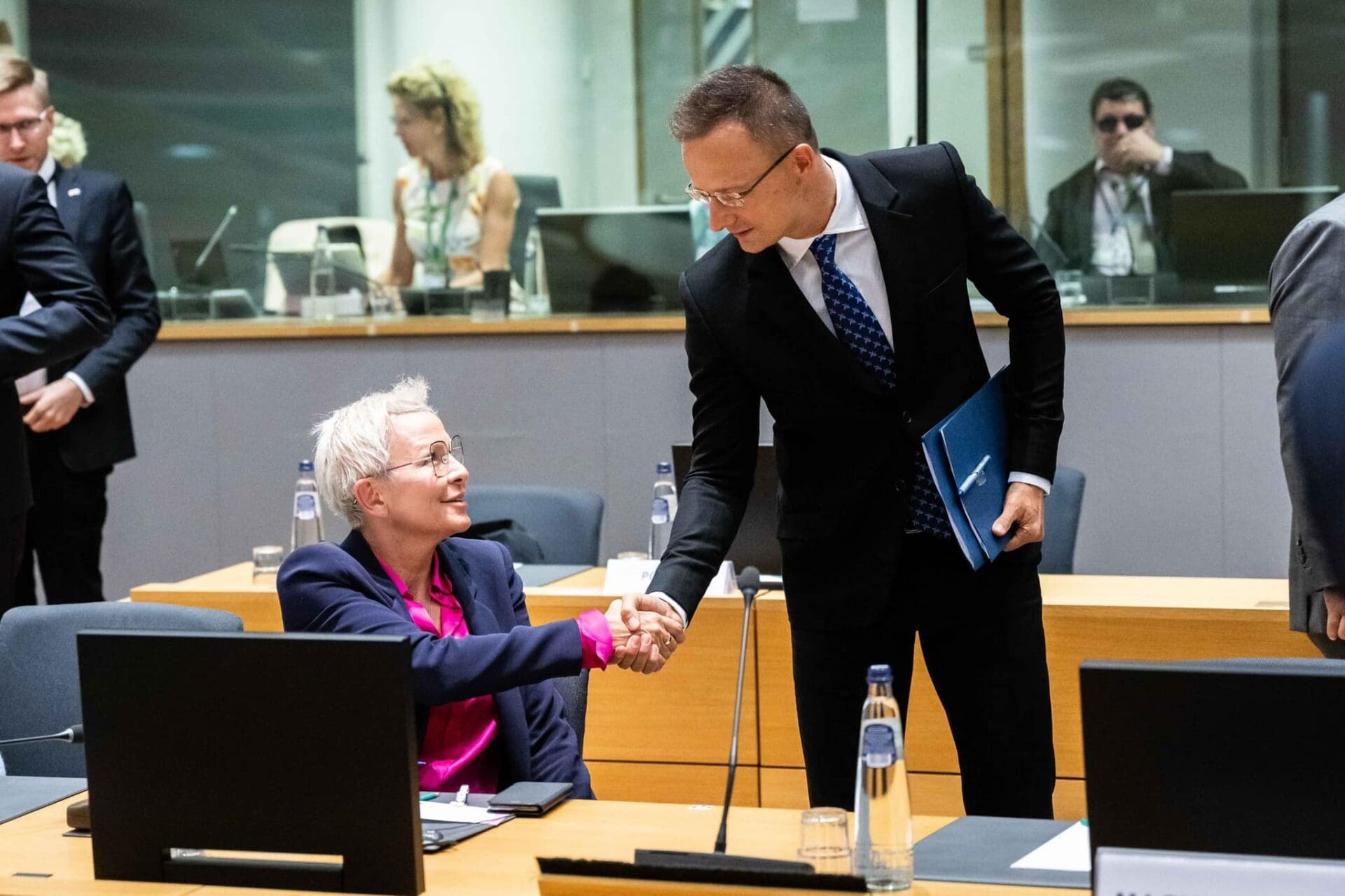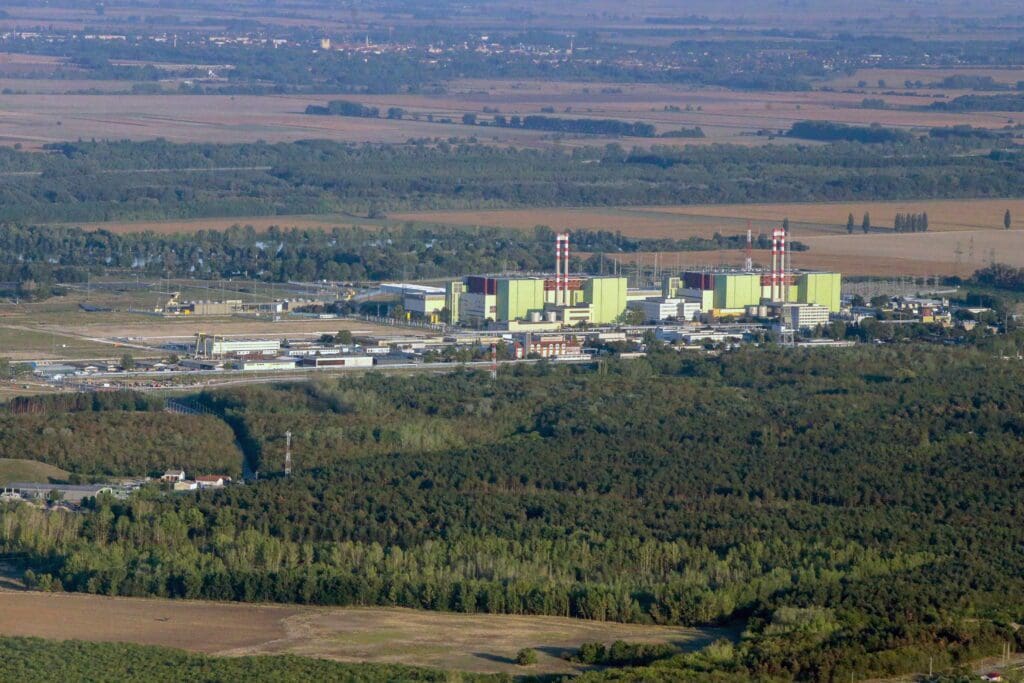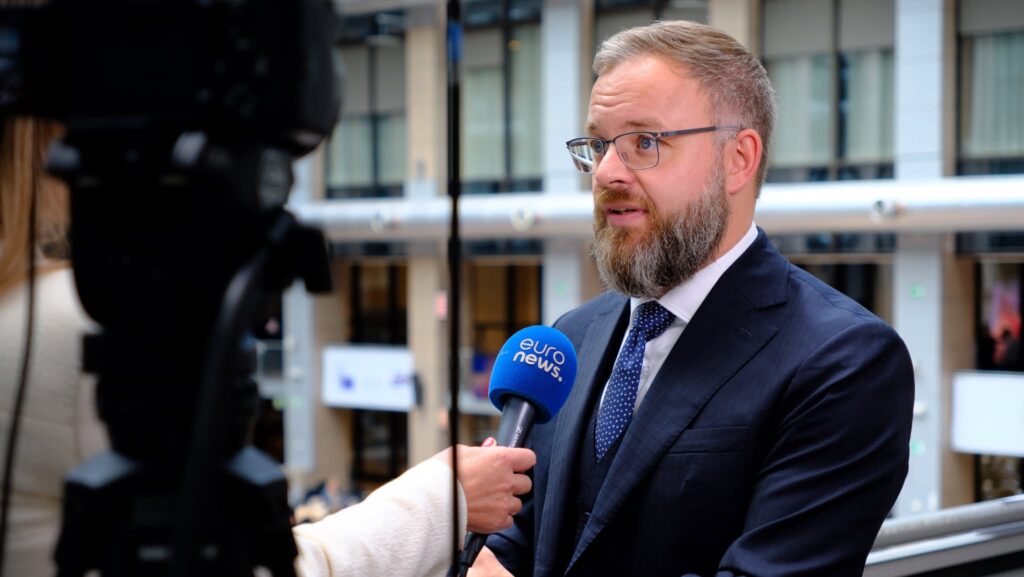Reception of the European Commission Proposal
On 29 August, Ursula von der Leyen claimed that ‘the increasing electricity prices are now exposing the inadequacies of our current market framework. It was created for many situations. We are therefore currently engaged in urgent intervention and electrical market structural reform.’
All EU nations concur that the bloc must act to reduce skyrocketing energy prices, but Friday’s emergency meeting of energy ministers became mired in the specifics of how those policies would be implemented. Ministers endorsed the policy ideas that Commission President Ursula von der Leyen announced previously.
These include coordinating a decrease in power consumption across the bloc and providing ‘emergency liquidity instruments’ to help energy firms meet exorbitant collateral costs to trade on public exchanges. In addition, fossil fuel companies that are also earning record cash will have their profits clawed back. Josef Síkela, the minister of industry and trade for the Czech Republic, who oversaw the emergency Energy Council, claimed, ‘We managed to discover a clear path for the measures that need to be implemented. We are aware of the precise route we must take now. But nothing has been decided yet.’
Ministers agreed that there should be some kind of ceiling on natural gas prices, but there was disagreement over whether it should apply to all imports or only those from Russia, as von der Leyen had suggested this week. There was also a dispute regarding cutting energy demand. The Commission would want the act to be mandatory, however, not all member countries agree on that. Ministers also made a strong case for relaxing state aid regulations through the end of 2023, which would enable governments to bail out struggling companies dealing with the effects of Russia’s conflict on Ukraine.
Ministers discussed a different idea that was not put forth by von der Leyen earlier this week in addition to a worldwide price restriction. They ‘asked for sending a statement of confidence to the electricity market’ by releasing an emergency brake on automatic wholesale power price increases that is already in place in the EU. The Commission will work on those concepts in the future. After the summit, EU Energy Commissioner Kadri Simson stated, ‘We will be proposing extraordinary solutions for an unprecedented scenario.’
The Issue of Gas Prices
How to reduce the real-time price of natural gas, which has climbed sevenfold in comparison to a year ago and contributed to an increase in electricity rates, was the main point of contention. Although the Commission solely suggested capping Russian gas imports, many nations want this to be the case for all source countries.
Only three member states insisted on a cap that specifically applied to Russia, and eight other ministers were either opposed, neutral, or concerned about the economic impact, according to Italian minister for ecological transition Roberto Cingolani. He claimed that 15 countries were in favour of a price cap on all natural gas imports.
‘The gas price cap, in my opinion, is the most challenging example from a market perspective,’ Síkela said. But the Commission, Berlin, and Amsterdam are not fans of the notion. ‘The likelihood of gas shortages increases if gas prices are capped. If you lower the pricing, the suppliers will typically move on to other markets. And we want to strike Putin.’ Hans Vijlbrief, Dutch state secretary, opined. German chancellor Olaf Scholz expressed the same worry, saying: ‘The solutions and the recommendations are, however, not as obvious as they look to some people.’ For some, even singling out Russia is going too far. A Russian-only cap has no ‘added benefit,’ according to Belgian energy minister Tinne Van der Straeten.
Hungarian Standpoint
Speaking on behalf of Hungary, foreign minister Péter Szijjártó declared that a price cap on Russian gas ‘is ludicrous.’ He also stated that ‘There is worry about gas in Europe. If no one was worried, we would not need an emergency meeting.’ He added that the Commission still has not given up on the notion that they can cover up their worries by using smart communication. He continued by saying that while he was sitting in the meeting and listening to others claim that their gas reserves are filled up to 80-90-100 per cent, he could not decide whether they are just saying these facts to calm the population, or because they had claimed it so often already that they started believing it themselves. He remarked that it does not matter how much the reserves are filled up, the only fact that matters is how long those reserves would last. He also said that while Hungarian reserves are not filled to capacity, but the amount of gas stored is relatively larger than in some other countries whose reserves are filled 100 per cent. In terms of reserves capacity, Hungary ranks third in Europe, and the recent deal struck with Gazprom to increase gas imports is working well, therefore there is a good chance that Hungary’s energy supply will be secure throughout the winter.








